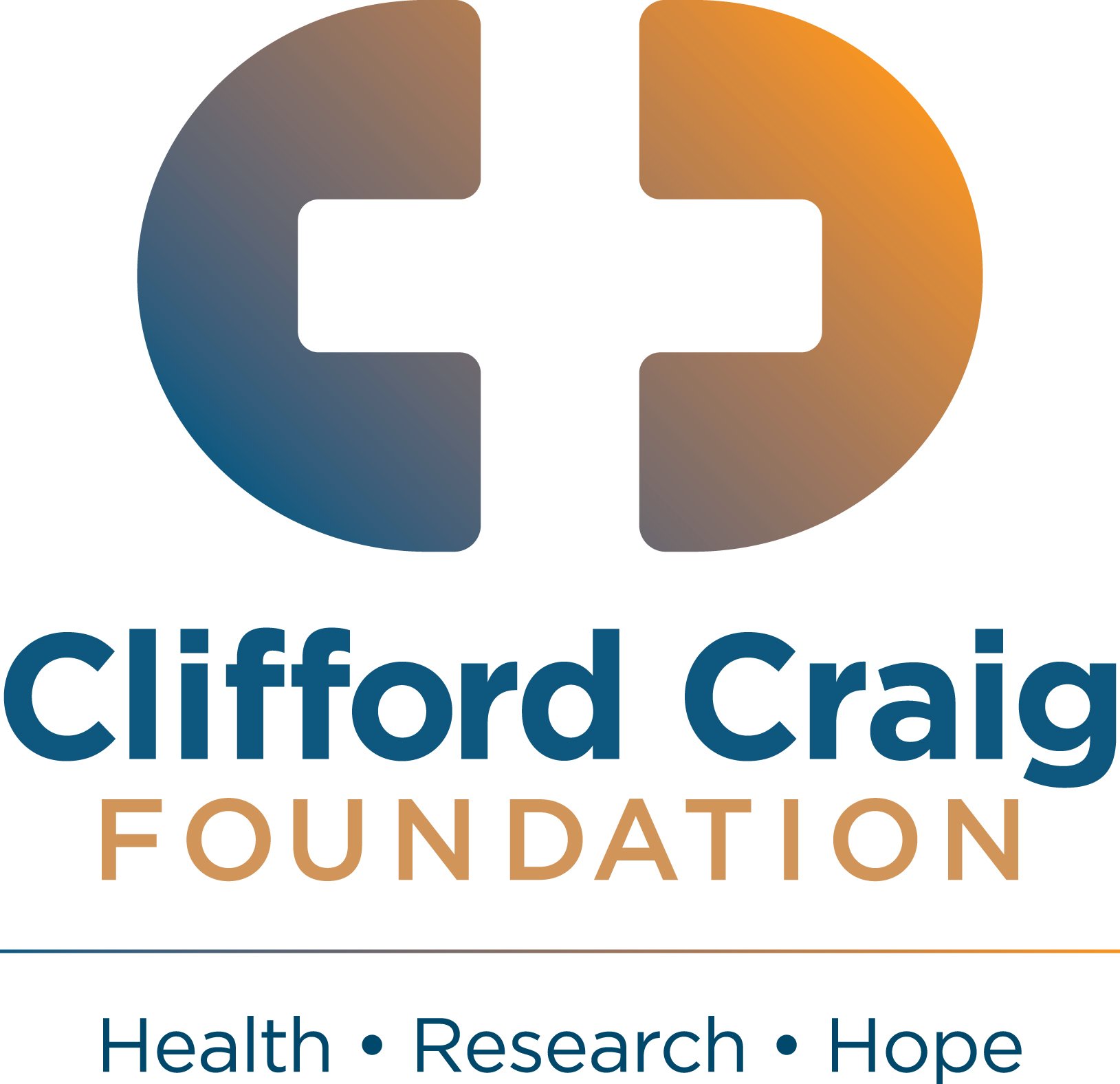Assessing the best approach for breast radiotherapy
The effect of Mepitel Film on Inter fractional changes in breast area – Ms Bethany Allen - $7,700
The introduction of intensity modulated radiation therapy (IMRT) in breast radiotherapy has allowed people with cancer to receive higher, more effective doses of radiation, while limiting the damage to healthy tissues and surrounding organs.
However, this radiation does still cause some damage to the surface of the skin and is something that’s considered a common side effect for this treatment.
Health professionals currently use a film called Mepitel, which acts as a barrier between the surface of the skin and clothing and prevents friction and further irritation.
Although effective, when the film is applied it can cause changes to the position of the breast. Because radiation treatments are planned for a certain position, any change in the breast tissue can affect how the dose is distributed.
This study will provide an evidence base to address if Mepitel Film does significantly impact inter-fractional changes in breast area and contribute to a growing body of work as to how this may potentially impact dosimetry.
Considering 20 per cent of all patients at the WP Holman Clinic are breast cancer patients, researcher Bethany Allen said it was important to understand the impact of this change, to ensure radiation treatments are delivered accurately.
“We plan a radiation treatment in a certain position which must be maintained each day the patient has treatment, as treatment is performed with millimetre accuracy,” she explained.
“Therefore, changes in the breast tissue may affect how the dose is distributed and this may vary from what has been planned.
“This study will tell us if that change is significant and whether Mepitel is truly the best approach to maintaining our patient’s skin integrity.”
“The area of health science research is something I am very interested in.”
Bethany Allen
About the researcher
Bethany studied at the University of South Australia in Adelaide.
She came to Tasmania in 2020 and now works as a radiation therapist at the W.P Holman Clinic.
After commencing her PhD in 2021, she said her eyes were opened as to how interesting medical research can be.
“Research is exciting and in the field of health everything is always changing,” she said.
“So as someone that loves learning, the area of health science research is something I am very interested in.”


